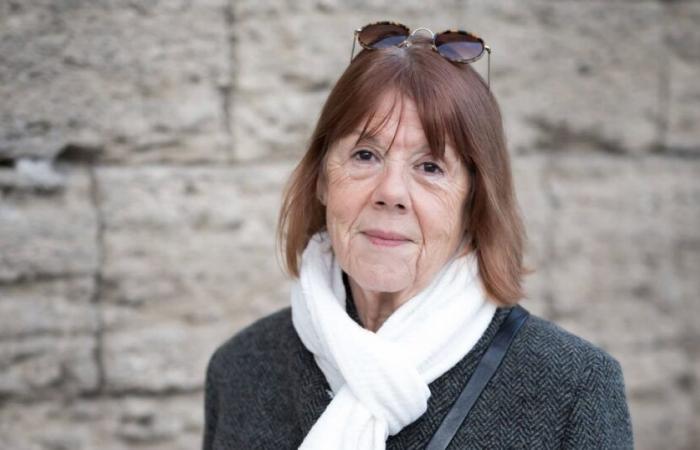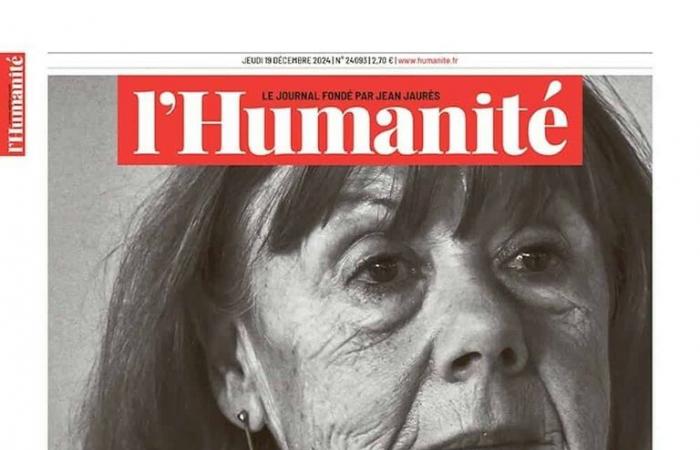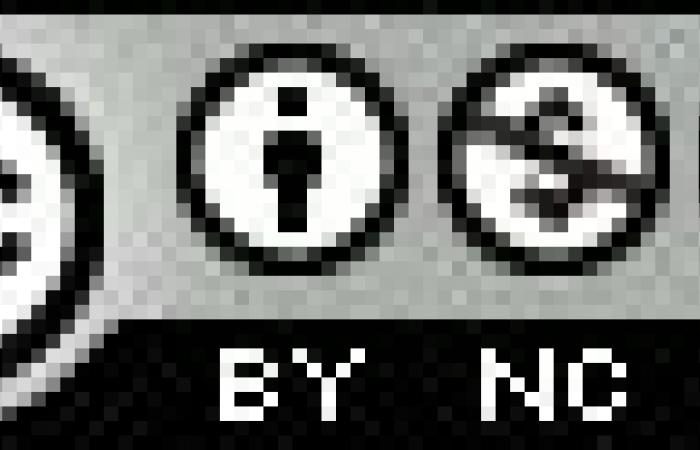“Dominique P.”. For a few days, when the chilling story of a French couplein the southern department of Vauclusehad just been revealed, the names of the protagonists had been kept hidden. In short, however, the story became public knowledge. Not just the atrocious details but the battle that arose: for the truthfor the justicefor all women victims of violence. And above all against the trivialization. And I accuse to that cultural degradation from which we still cannot free ourselves.
The story of Gisèle Pelicot
Dominique P. was revealed to be Dominique Pelicot, Gisèle’s husband. Woman who has repeatedly junkie with preparations based on powerful anxiolytics, in order to do it raped by dozens of people. For ten years – the events took place between 2011 and 2020, mainly in the municipality of Mazan – the man recruited people on the internet unknown for this purpose. Seventy-two people in all who committed approximately two hundred sexual assaults. About fifty of them ended up in the dock in a trial that opened on September 2nd at the Avignon court and closed today, December 19th.
The verdict: twenty years’ imprisonment for Mr. Pelicot, the maximum sentence. And guilty pleas for all the other defendants (although the sentences will be pronounced at a later date). A drop of relief in a “totally destroyed” family, as the three declared children of the couple (one of them is a woman, who fears she has suffered the same fate as her mother, although no evidence to this effect has been found).
An ultra-mediatized affair that has become symbolic
Ma he process it only represents the judicial passage, albeit very important, of the drama experienced by Gisèle Pelicot. The story, in France and beyond, was in fact strongly influenced mediatized. The incredible number of people involved, and above all the arguments that some of them put forward to demonstrate their presumed innocence, have made us understand once again how much our society is backward and shamefully superficial on the topic of violence against women.
What is also surprising is the fact that Gisèle Pelicot, until a few years ago, was totally unaware of what happened to her. Incapable of remembering, and therefore of reacting. On September 12, 2020, in the afternoon, Dominique Pelicot, who was 67 years old at the time, was caught by the surveillance of a Carprentras supermarket, while filming under the skirts of customers. The intervenes policewho arrests him.
An investigation is opened and the IT equipment in the possession of man. It turns out that he was talking online with people through a dating site. The “recruited” men were also sent videos of previous rapes to convince them. It is November 2 of the same year: Gisèle’s husband, with whom he had been married for almost 50 years, is at that point placed in precautionary custody by the police and immediately afterwards begins to confess the monstrous reality he conceived and created. Only then do the woman and her children find out everything.
“This is a trial of a macho and patriarchal society that trivializes sexual assaults”
When the trial opened, four years later, Gisèle was already there the face of a cause: the one that aims, to use his own words during a hearing, “at a change in the way society looks at rape”. Because beyond its drama, “this trial is a one-off macho and patriarchal society that trivializes sexual assaults.”
It is for this reason that the woman refused to have the trial held behind closed doors (which she would have had the right to do). And this, despite the court having warned her that the repugnant videos would “necessarily be viewed” in the courtroom. For Gisèle, the process had already become something else: “Shame must change the field”one of his lawyers explained. The children agreed, so the trial was opened in the presence of the public and the press. A heroic gesture.
The chilling defenses of the accused: “We had the husband’s authorization”
On September 5, during her first deposition, the victim recalled when the police commissioner prepared her, in 2020, before telling her the truth: “I’m about to show you things that won’t please you,” he said. “My world collapsed there. It all came down. I’ve seen some unbearable sceneswith men grappling with a lifeless, anesthetized woman. Unbearable”. But what is most important, according to Gisèle, is to tell so that other women are prepared: “The day one of them wakes up without remembering what she did the previous evening, she will be able to think about my testimony. It’s not for me that I’m telling the storybut for all those who can suffer the same treatment.”
His words were taken up by newspapers all over the world. Translated, repeated, spread everywhere. As well as those of the defendants who tried to defend themselves by unmasking the subculture they are permeated with: “We had the husband’s authorization”they explained to the judges who were asking if it had ever occurred to them, during those heinous acts, that the woman’s consent was necessary. “The husband’s authorization”: as if that were enough, as if the wife were his property. The banality of evil.
A trial against the cowardice and banality of evil, thanks to the strength of a woman
“Since the beginning of this trial – Gisèle replied during the hearing – I have heard many unlistenable things. I have seen individuals parade before court who deny having raped. I struggle a lot with all this banality. I feel like telling these men: what time did Mrs. Pelicot give you permission to do so? At what moment did you become aware of that inert body? Few of them have admitted their guilt. For me, this is it a trial of cowardice”.
To punish this abomination, the public prosecution requested a total of around 600 years of imprisonment. But the most precise summary of everything is what the newspaper L’Humanité published this morning: on Gisèle’s face, on the front page, stands the simple phrase “Thank you Madam”. “Thank you, ma’am.” On behalf of everyone.
We are also on WhatsApp. Follow the official LifeGate channel to stay updated on the latest news and our activities.
![]()
This work is licensed under the Creative Commons Attribution – Noncommercial – No Derivative Works 4.0 International License.








